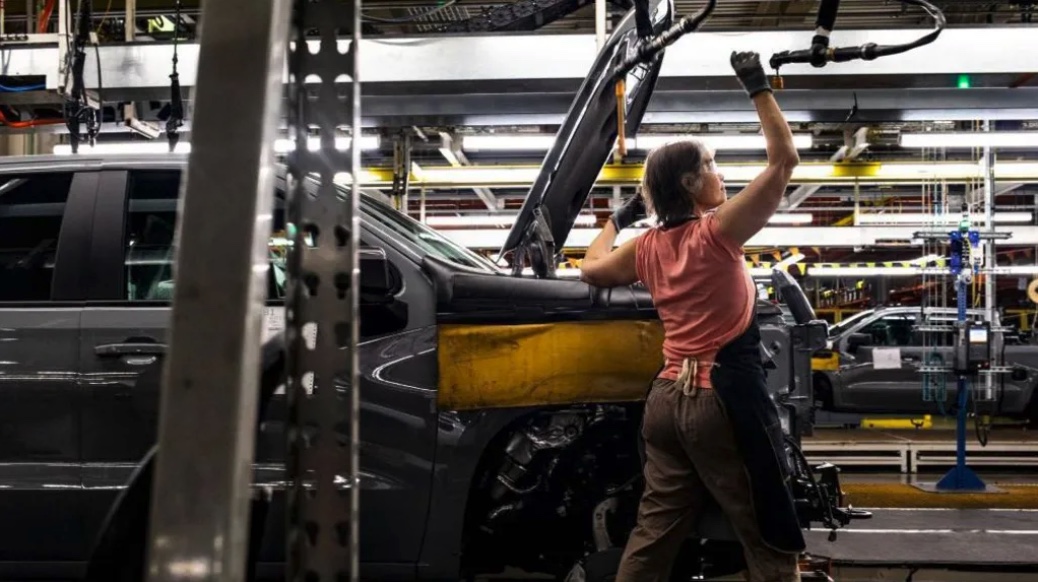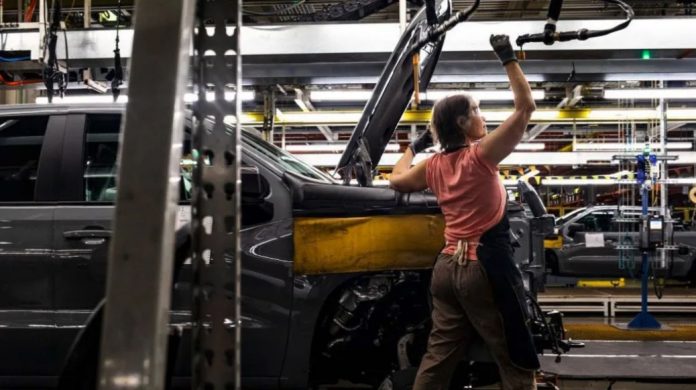สหรัฐอเมริกาวางแผนที่จะห้ามใช้ฮาร์ดแวร์และซอฟต์แวร์บางประเภทที่ผลิตในจีนและรัสเซียในรถยนต์ รถบรรทุก และรถโดยสารในสหรัฐฯ เนื่องจากกังวลถึงความเสี่ยงด้านความมั่นคง เจ้าหน้าที่ระบุว่าพวกเขากังวลว่าเทคโนโลยีดังกล่าวที่ใช้ในการขับเคลื่อนอัตโนมัติและเชื่อมต่อรถยนต์กับเครือข่ายอื่น ๆ อาจทำให้ศัตรูสามารถ “ควบคุมรถยนต์บนถนนในสหรัฐฯ จากระยะไกลได้”
ปัจจุบันมีการใช้ซอฟต์แวร์ที่ผลิตในจีนหรือรัสเซียในรถยนต์อเมริกันน้อยมาก แต่รัฐมนตรีพาณิชย์ Gina Raimondo ระบุว่าแผนดังกล่าวเป็น “มาตรการที่มุ่งเน้นและเชิงรุก” เพื่อปกป้องสหรัฐฯ
“รถยนต์ในปัจจุบันมีทั้งกล้อง ไมโครโฟน ระบบติดตาม GPS และเทคโนโลยีอื่นๆ ที่เชื่อมต่อกับอินเทอร์เน็ต” เธอกล่าวในแถลงการณ์ “ไม่ต้องใช้จินตนาการมากนักก็เข้าใจได้ว่าฝ่ายตรงข้ามจากต่างชาติที่สามารถเข้าถึงข้อมูลนี้จะก่อให้เกิดความเสี่ยงร้ายแรงต่อความมั่นคงของชาติและความเป็นส่วนตัวของพลเมืองสหรัฐฯ ได้อย่างไร”
เจ้าหน้าที่ของจีนกล่าวว่าสหรัฐฯ กำลังขยาย “แนวคิดด้านความมั่นคงของชาติ” เพื่อโจมตีบริษัทของจีนอย่างไม่เป็นธรรม
“จีนคัดค้านการที่สหรัฐฯ ขยายแนวคิดด้านความมั่นคงของชาติและการกระทำที่เลือกปฏิบัติต่อบริษัทและผลิตภัณฑ์ของจีน” Lin Jian โฆษกกระทรวงการต่างประเทศของจีนกล่าวในแถลงการณ์ “เราขอเรียกร้องให้สหรัฐฯ เคารพหลักการตลาดและให้สภาพแวดล้อมทางธุรกิจที่เปิดกว้าง ยุติธรรม โปร่งใส และไม่เลือกปฏิบัติสำหรับบริษัทจีน”
ข้อเสนอนี้ซึ่งขณะนี้จะเข้าสู่ช่วงแสดงความคิดเห็น เป็นความเคลื่อนไหวล่าสุดจากทำเนียบขาวที่มุ่งจำกัดการมีส่วนร่วมของจีนในห่วงโซ่อุปทานการผลิตรถยนต์ ทำเนียบขาวยังได้เพิ่มภาษีศุลกากรสำหรับรถยนต์ไฟฟ้า แบตเตอรี่สำหรับรถยนต์ไฟฟ้า และสินค้าประเภทอื่น ๆ และได้แยกการห้ามนำเข้ารถเครนที่ผลิตในจีน โดยเตือนถึงความเสี่ยงด้านความปลอดภัยทางไซเบอร์
US to ban Chinese tech in cars

The US is planning to ban certain hardware and software made in China and Russia from cars, trucks and buses in the US due to security risks.
Officials said they were worried that the technology in question, used for autonomous driving and to connect cars to other networks, could allow enemies to “remotely manipulate cars on American roads”.
There is currently minimal use of Chinese or Russia-made software in American cars.
But Commerce Secretary Gina Raimondo said the plans were “targeted, proactive” steps to protect the US.
“Cars today have cameras, microphones, GPS tracking, and other technologies connected to the internet,” she said in a statement.
“It doesn’t take much imagination to understand how a foreign adversary with access to this information could pose a serious risk to both our national security and the privacy of US citizens.”
Chinese officials said the US was broadening “the concept of national security” to unfairly target Chinese firms.
“China opposes the US’s broadening of the concept of national security and the discriminatory actions taken against Chinese companies and products,” said Lin Jian, spokesman for China’s Foreign Ministry, in a statement.
“We urge the US side to respect market principles and provide an open, fair, transparent, and non-discriminatory business environment for Chinese enterprises.”
The proposal, which will now enter a comment period, is the latest from the White House aiming to limit China’s presence in the car manufacturing supply chain.
The White House has also raised tariffs on electric cars, batteries for electric vehicle and a range of other items. It has separately banned the import of Chinese-made cargo cranes, warning of cyber-security risk.
By Natalie Sherman, BBC News

















